Trumpeter 1/16 Sd.Kfz.251/22D # 00943
The kit consists of over 800 parts
the kit w/refined detail
multi-slide moulded lower hull and upper hull
engine hood , crew door , observe windows and toolbox door can be selected to open or close
individual workable track links
rubber tires
Photo-eteched parts included
Sd.Kfz 251 was a German, medium, half-track armored transport from the Second World War. The first prototypes of the vehicle were made in 1935, and serial production continued in 1939-1945, ending with the production of about 14,500 units. The Sd.Kfz 251 was powered by a six-cylinder engine Maybach HL 42 TURKM with 100 hp .
Sd.Kfz 251 was developed as a new, basic half-tracked transporter of the German armed forces. Its design was based on the Sd.Kfz.11 heavy tractor, with several elements changed in the adapted chassis: a new fuel tank was added, the location of the steering wheel, and the exhaust system was redesigned. In the course of serial production, four basic versions of the Sd.Kfz 251 (Ausf. A, B, C and D) were created, however, in terms of details related to the production process (especially the C version) and a slightly different arrangement of elements inside the fuselage. During World War II, more than 20 variants and versions of the Sd.Kfz 251 were created. The chronological first was the Sd.Kfz 251/1, which was the basic version, armed with two MG34 or MG42 machine guns and capable of carrying up to 10 landing troops. In 1941, a version of the Sd.Kfz 251/2 was developed, armed with an 80 mm mortar. There was also a version of the Sd.Kfz 251/3, which was a communication and radio communication vehicle with various sets of radio stations and antennas. In 1942, the Sd.Kfz 251/9 Stummel variant was developed, armed with a 75mm StuK 37 short-barrel gun. More interesting versions were the Sd.Kfz 251/16 with two flamethrowers or the Sd.Kfz 251/20 UHU equipped with an infrared radiation emitter and intended for targeting at night. Cars Sd.Kfz 251 of all versions served primarily in armored divisions and armored grenadiers on virtually all fronts of World War II: from the September campaign (1939), through the campaign in France (1940), fighting in the Balkans and North Africa (1941-1943) after fights on the Eastern (1941-1945) and Western (1944-1945) fronts.

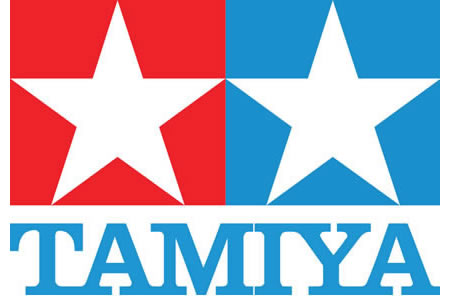

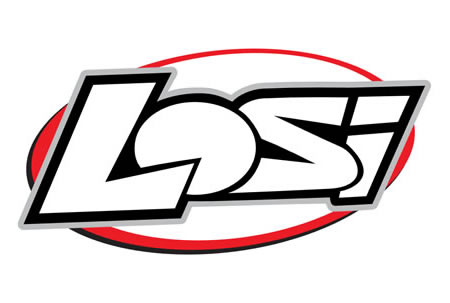

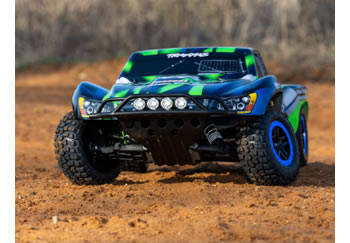
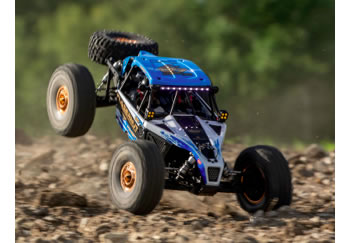
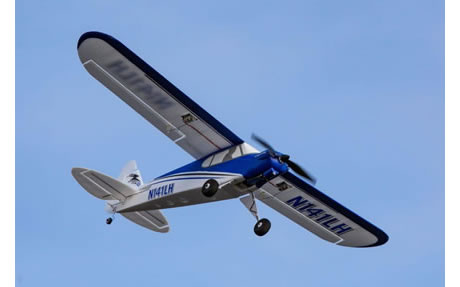
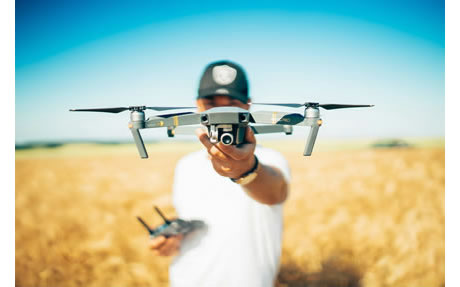
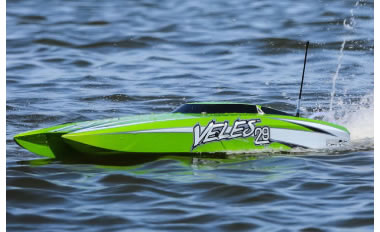
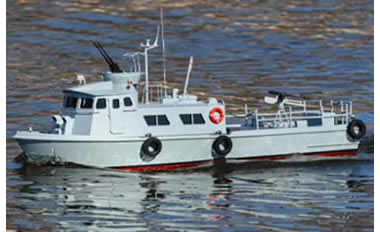
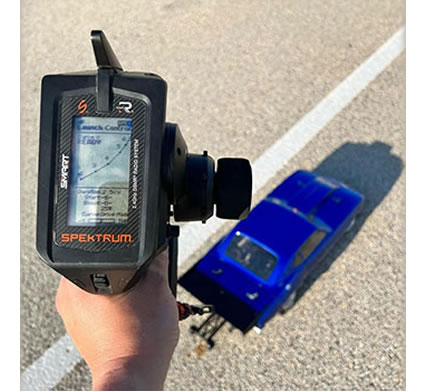
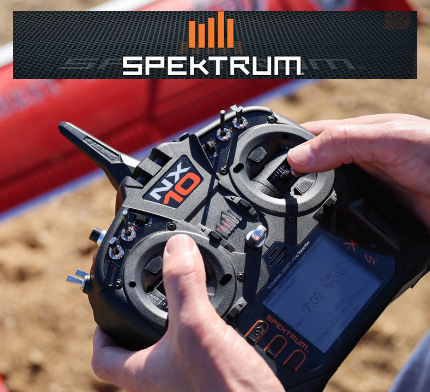
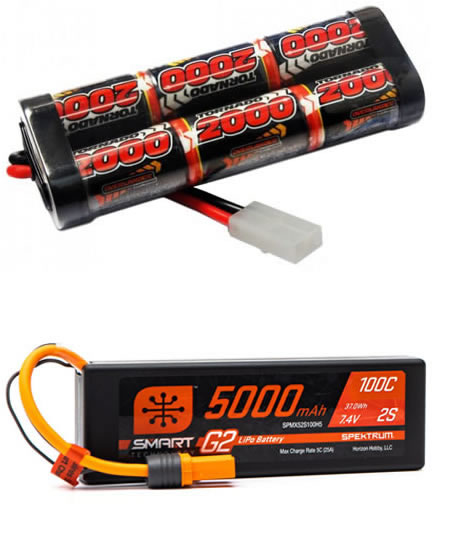
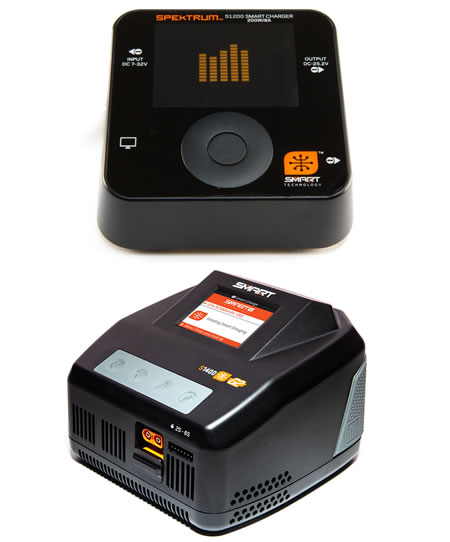

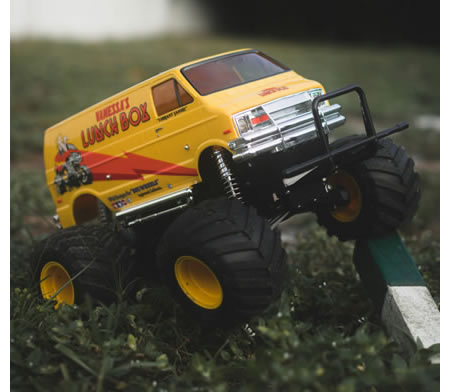
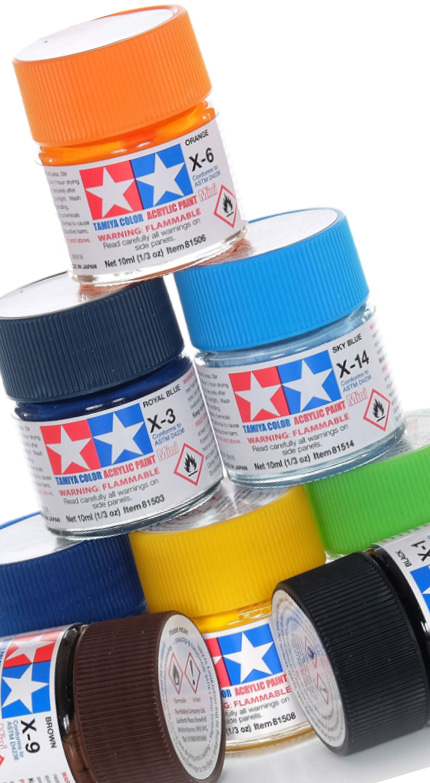

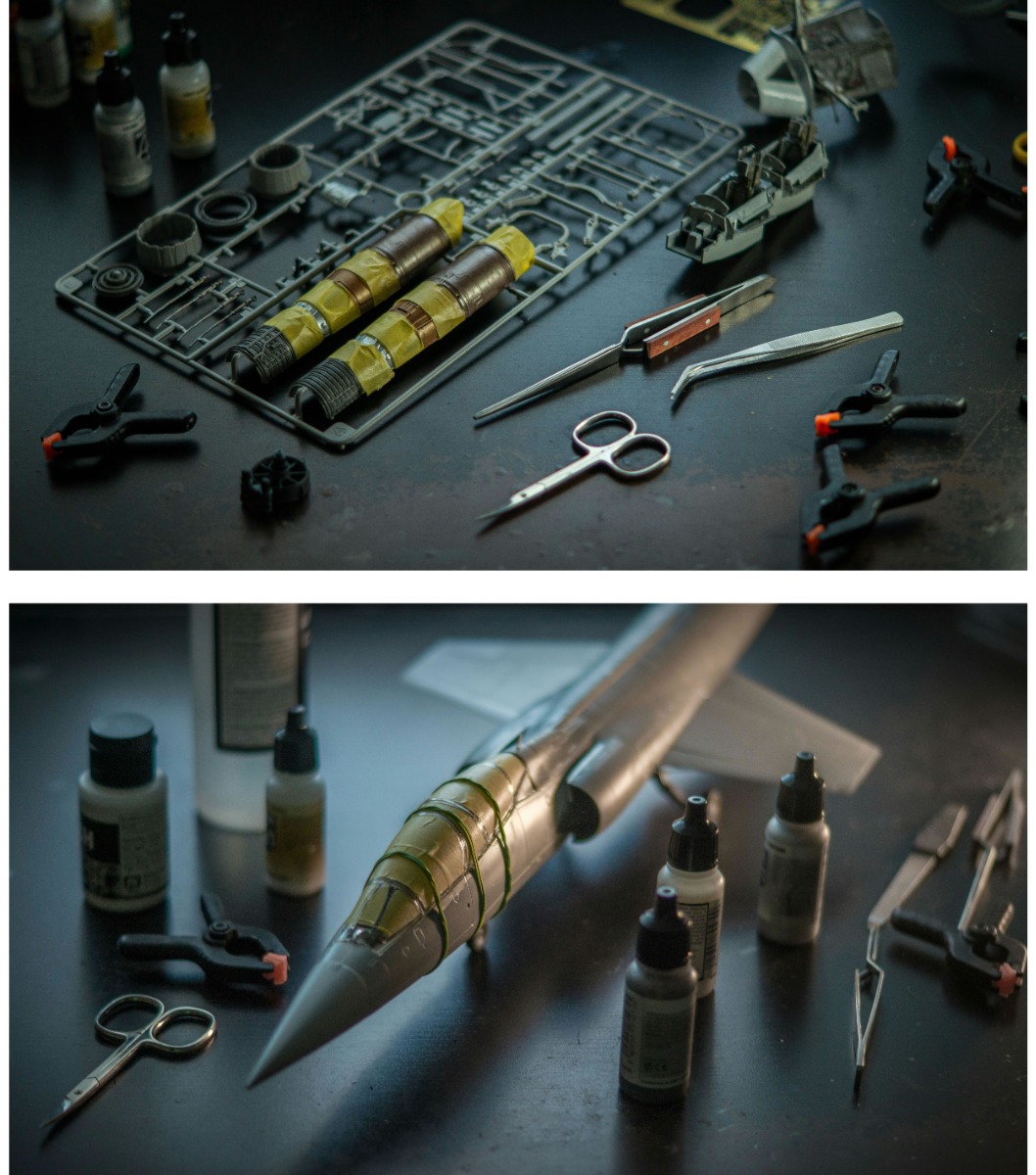
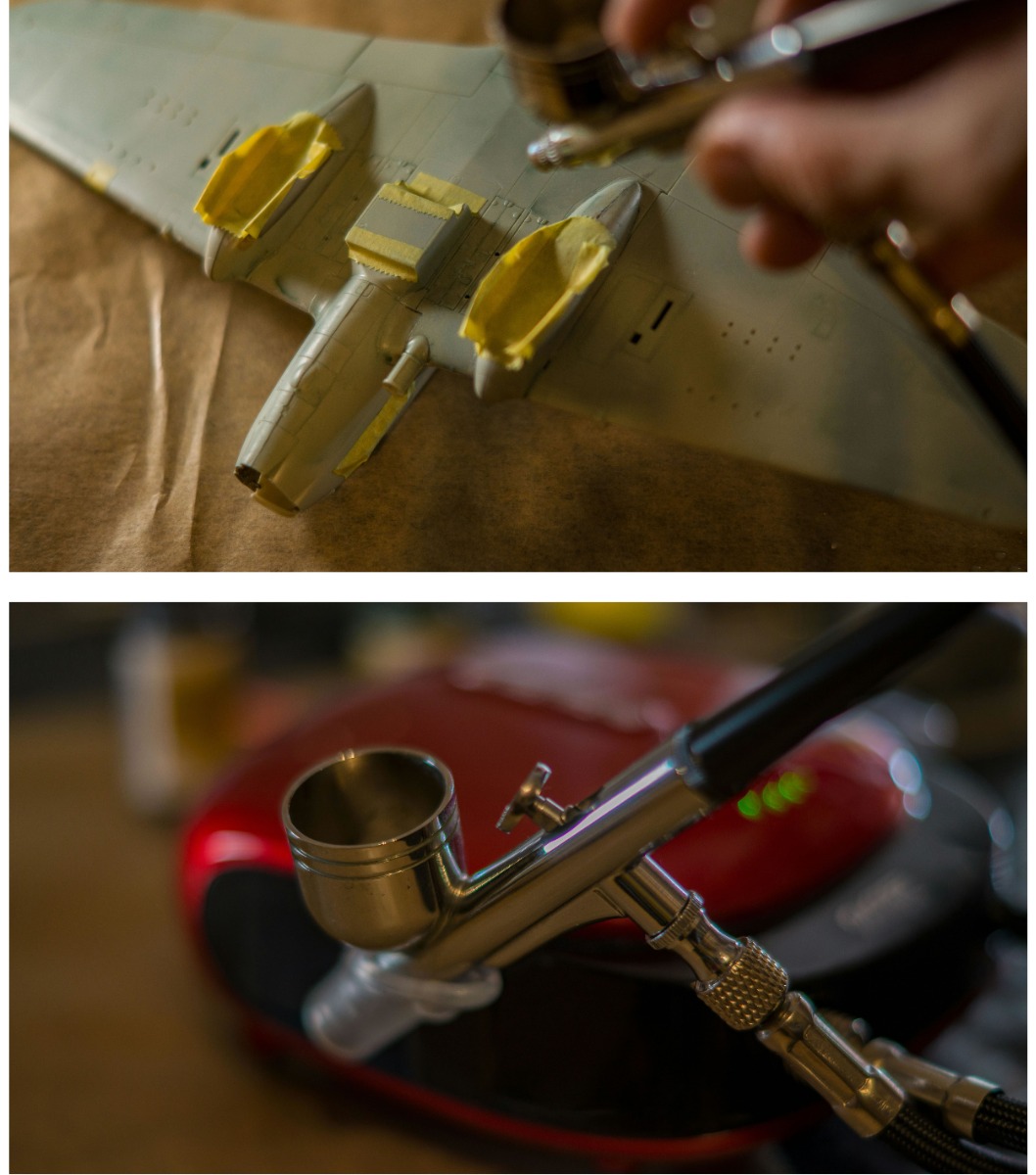
 Spread the cost with Paypal Credit
Spread the cost with Paypal Credit
 Spread the cost with Klarna
Spread the cost with Klarna









